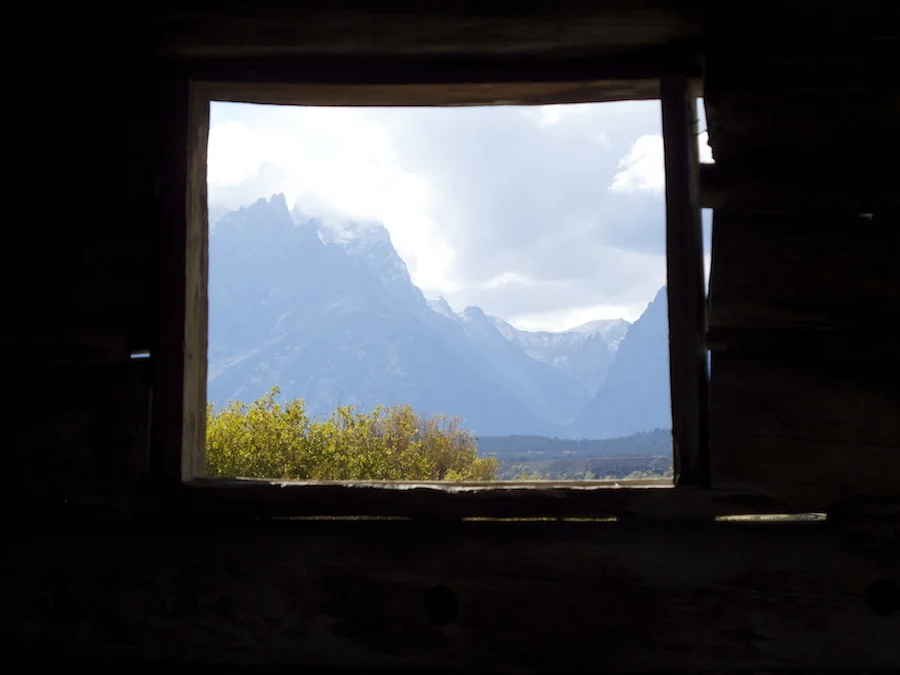I had a disturbing dream recently. I was in an underground parking lot, and police were making an arrest. The man being arrested was charged with a crime: stealing other people’s faces. All around the garage were angry men with stitched cheeks and foreheads. Their original appearance had been stolen, and now they had to wear someone else’s face.
As I reflected on the dream, I began to wonder: Is the face I’m wearing truly mine? What is my original face?
I wonder how many of us have given up our original faces for the sake of unity? How many of us have sacrificed a core piece of our soul in order to keep the peace, belong, be loved, or just survive?
My original church home was The Lutheran Church – Missouri Synod. It’s where I was raised, went to seminary, was ordained, and served as a pastor for five years. Twice in American history a major Christian denomination had a conservative/progressive battle, and decided to become more conservative. One was the Southern Baptist Convention, and the other was the Lutheran Church – Missouri Synod.
I struggled as a seminary student. The rigid doctrines conflicted with the expansive love of God I had known in my heart since childhood. I was told to ignore such feelings because they were misleading and infected with sin. True doctrine alone could be trusted, as established once and for all in the Lutheran Confession as written in the 16th Century.
So, I buried my heart, put on an orthodox face, and feigned unity.
Years later, before I left that church, I led an education program for Missouri Synod clergy in the Dallas/Fort Worth Metroplex. Each year, we’d have a mix of internal and external speakers. For the external speakers, I’d invite someone who might create some discomfort, hoping for a little evolution amongst our clergy, all of whom, of course, were men since the Missouri-Synod does not ordain women.
One time I invited the pastor of the Cathedral of Hope, which was the largest congregation in the world whose primary ministry was to the LGBT Community. The pastor demonstrated how their liturgy and theology mirrored the rest of mainline Christianity. Then he said, “Really, the only difference between you and me is that I achieve sexual friction in a different way than you do.”
I watched old men’s faces turn pale as this registered in their minds. At the end, several of them stood up and railed against him for pronouncing absolution and benediction upon people living in unrepentant sin, people destined for hell. Others, however, with tears in their eyes, thanked him for providing a spiritual home for those who found no welcome in their own congregation. They blessed him and his ministry. For me, a closeted gay minister, it was deeply healing. For the first time, I had heard another Missouri Synod minister bless the fullness of who I am.
After these meetings, one of my tasks was to send a thank you letter to our presenters. We had a standard letter that addressed them as brother/sister in Christ and closed with a blessing for them and their ministries.
Over the years, we had many speakers, representing diverse political views and theologies. This time, and only this time, I was told by fellow ministers not to address our speaker as brother in Christ and not to close the letter with a blessing for him and his congregation.
But I could still hear in my heart the song I was taught in Lutheran school:
Every flower soft and gay, gently smiling seems to say:
"God’s a parent, kind and true, one who loves and cares for you."
That’s the God I knew. That's the Jesus I experienced. I wrote to the pastor, addressing him as brother, and blessed him and his congregation with joy. I was beginning to recover my original face.
What’s your original face? In these times of polarization, fear, and artifice, the best hope for our world is for each of us to to restore our original faces, in all their diverse glory, and let them so shine that others remember who they really are. Ultimately, we are siblings, children of one Essence, an Essence, which I experience as Unconditional Love. How does your original face reveal that Love?
I wrote a haiku about my dream. I've been using it as a kind of mantra when I start to forget.
Original Face
Fun. Heart-connection. God-fire
Wakens world to Love.
If you feel so inclined, please share a haiku about your "original face".
